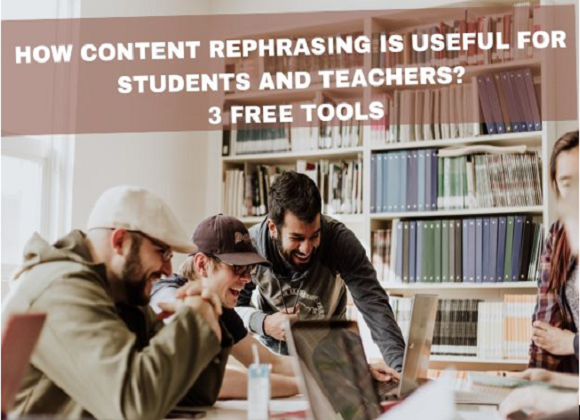Courses
Grow skills with quality courses
The early stage is the period where a child’s brain grows. The majority of neural connections of the brain are developed within the age of 5. As parents are the primary caregivers, it is important that parents and family follow certain guidelines to help the child grow in a positive environment.
If we look back at our parenting styles, many of the parents have the habit of promising children of rewards if the children complete certain tasks. Many times, we do not intend to fulfill our promises, we randomly promise to get our target achieved. Though as adults these small actions, ignorance of words does not matter to us, these kinds of empty promises affect children’s emotions. They feel dejected and are cheated upon.
A small example of empty promises can be:
My uncle has a habit of promising things to his children in order to get things done. If you do well in this competition, I will take you out for a movie. If you get the first rank in class, I will buy you a bicycle. If you do your morning prayers regularly, I will get you chocolates.
Most of the time, as elders, we miss completing these promises. These promises do not seem important to us. However, for a child, it is important. Children slowly stop trusting the promises, their elders’ words. It is definitely not a positive sign while growing up that you do not trust people around you.
Same with ‘hollow threats’. In order to ensure discipline, parents, teachers, or elders give threats to children. The child isn’t listening to what we are saying, give them a threat to stop them. The child is not eating the food, give them a threat, and so on. We have grown up with those hollow threats and we give hollow threats to our children without any second thought. It comes very naturally to us. Hollow threats and empty promises have very similar effects on child psychology.
5 ways in which you are damaging your child’s psychology with empty promises:
Saying something and fulfilling it gives children major trust issues. As elders we should always try to build a safe space for children, empty words make children question our authenticity.
Not being trusted by parents, not receiving things as promised might create a sense of not being up to the mark and can grow an adult with low self-esteem. It is important to build confidence in children so that they can trust themselves and present themselves well to the outside world.
‘Do this to get this' is a subtle form of bribing. Children might not be aware of it. They might not realize it but we as adults are growing the future generation who are okay with bribing.
When a child can not feel safe at home, the child does not find his/ her family as people she can express herself with, the child loses the sense of security. Parents and family are the only resort that children look back to, any person can rely on them. The lack of this space creates a very negative impact on child psychology.
Repeatedly promising something and not completing it gives children a sense of disrespect. They get a sense of not being valuable or important to you. The feeling of not being important is not a good sign for a child’s growth.
Children are sensitive to emotions and reactions. As parents or elders, we always need to deal with children sensitively.
Practice what you Preach!
About the author
Comments
Recommended by Gurushala

Technology & Innovation
-By Valentina MilanovaHow Content Rephrasing is Useful for Students and Teachers? 3 Free Tools

Stories of Indian Classrooms
-By GurushalaOn the course of continuous learning- An inspiring teacher story from Pune
Related Articles
